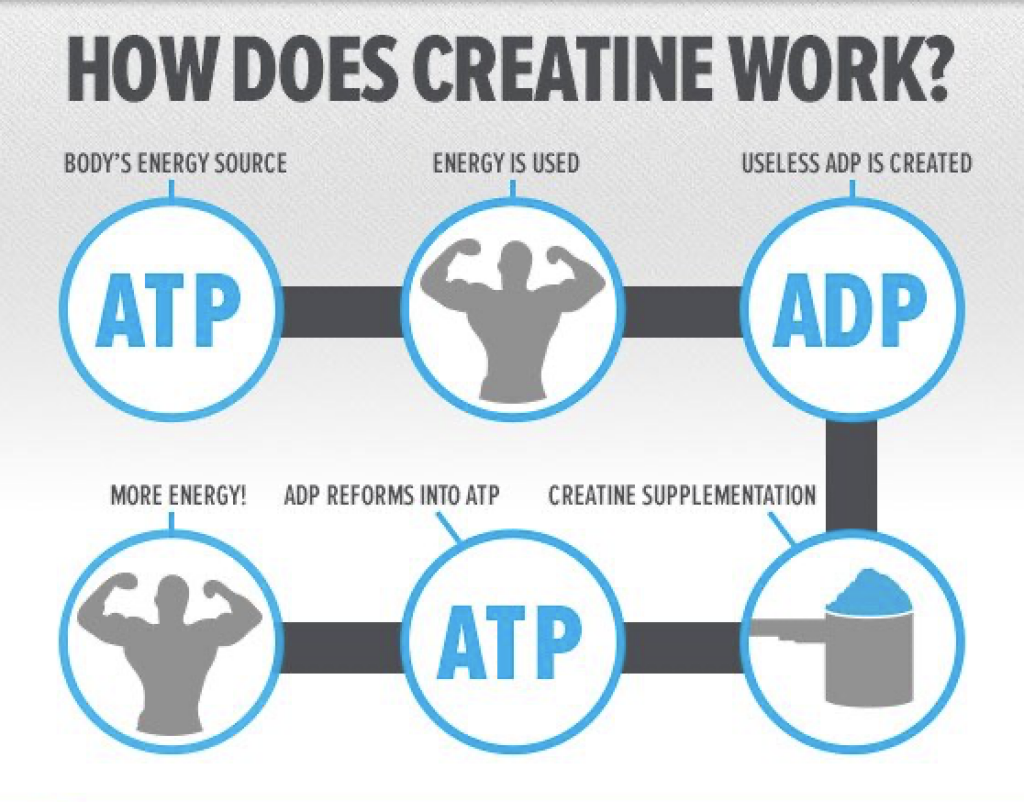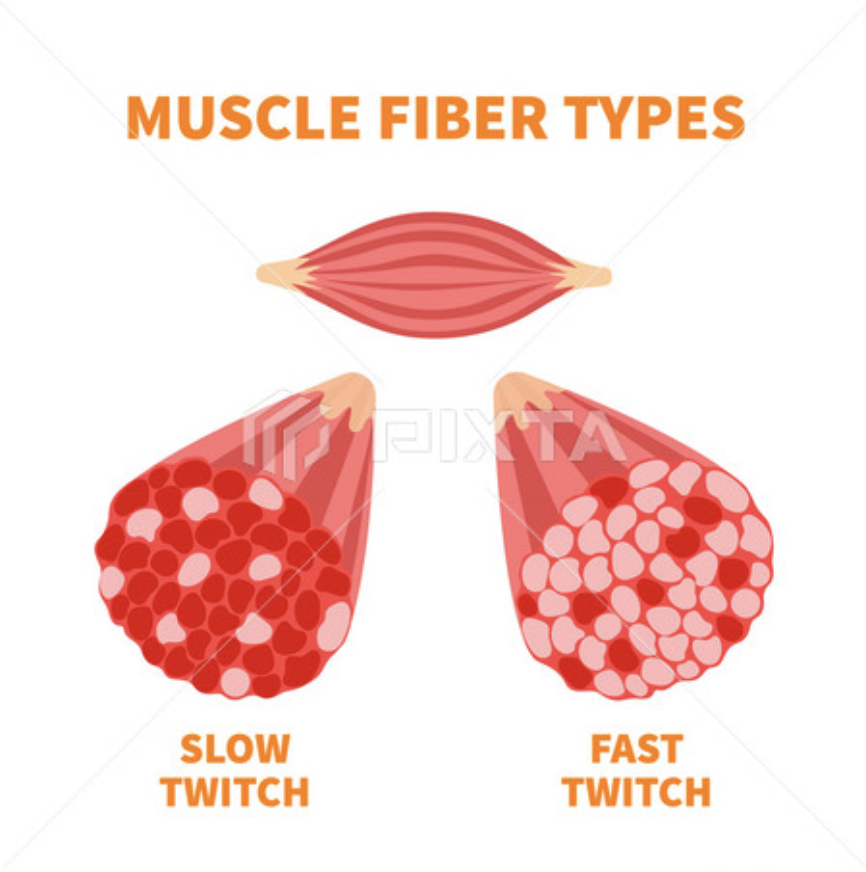The Benefits of Taking Creatine: How It Works and Debunking Myths

How Does Creatine Work?
Creatine is a naturally occurring compound found in muscle cells, playing a crucial role in energy production during high-intensity activities like lifting weights or sprinting. When you take creatine supplements, you increase the stores of phosphocreatine in your muscles. Phosphocreatine helps regenerate ATP (adenosine triphosphate), the primary energy carrier in your cells. This is a fancy way of saying you can perform better in short bursts of intense exercise, leading to improved strength, power, and muscle mass over time.
Benefits of Taking Creatine
- Enhanced Strength and Power: Creatine increases your ability to produce energy rapidly, which translates to improved performance in high-intensity workouts. This leads to greater strength gains and enhanced power output.
- Increased Muscle Mass: Creatine promotes muscle growth by enabling you to train harder and recover faster. The additional water retention in muscle cells also gives a fuller appearance, contributing to increased muscle size.
- Improved Recovery: Creatine aids in faster recovery post-exercise by reducing muscle cell damage and inflammation. This allows you to train more frequently and effectively.
- Better Athletic Performance: Studies have shown that creatine supplementation can enhance performance in various sports, particularly those requiring short bursts of intense activity, such as sprinting,Crossfit, HIIT workouts, calisthenics and weightlifting.
- Cognitive Benefits: Emerging research suggests that creatine might also have cognitive benefits, including improved memory and mental fatigue resistance, due to its role in energy production in the brain.
Debunking the Myths
Myth 1: Creatine Affects Your Kidneys
One of the most common myths about creatine is that it can harm your kidneys. This concern primarily stems from misunderstandings about creatinine, a breakdown product of creatine that is filtered by the kidneys. While elevated creatinine levels can indicate kidney issues, in the context of creatine supplementation, this elevation is usually harmless and reflects the increased intake rather than kidney damage.
Creatine is the most studied supplement EVER! Numerous studies have demonstrated that creatine supplementation is safe for healthy individuals with no pre-existing kidney conditions. However, if you have pre-existing kidney issues, it’s always wise to consult with a healthcare professional before starting any supplement.
Myth 2: Creatine Causes Weight Gain
Yes, creatine can cause weight gain, but it’s not the kind of weight gain many fear. The initial weight gain is primarily due to water retention in muscle cells, which is actually beneficial for muscle function and growth. Over time, the weight gain is more likely to be lean muscle mass, as creatine helps you train harder and build muscle more effectively.
It’s important to understand that this weight gain is not fat gain. Instead, it signifies increased muscle mass and improved hydration within the muscles, both of which are advantageous for athletic performance and aesthetics.
Conclusion
Bottom line, creatine is a well-researched and highly effective supplement that offers numerous benefits, including enhanced strength, increased muscle mass, improved recovery, and better athletic performance. The myths about creatine affecting kidneys or causing undesirable weight gain are largely unfounded. For most healthy individuals, creatine is a safe and beneficial addition to a fitness regimen and you should probably take it!
You Got This!
Subscribe to our newsletter and be the first to find out about new articles.






